1940… Rationing and digging… As the Axis throttles Britain’s food supply, Bacon, butter and sugar are first to be rationed, but milk, tea, jam, cheese and eggs soon follow. The Grocer plays a crucial part in the Ministry of Food’s communication (pxxx). Rationing remains until 1954.
1944… D-Day… It’s not just the beginning of the end for Hitler. The largest logistical operation in history also calls for a new apporach to logistics - it’s the first time pallets are mass produced. They’ve been fundamental to this industry ever since.
1944… Branding goes bananas… Until now bananas have just been plain old bananas. Enter Miss Chiquita, the first ever branded fruit. The United Fruit Co deftly uses the Chiquita character, devised by artist Dik Browne (of Hagar the Horrible fame) - as a marketing tool. Banana sales soar.
1946… Organic sector seeds sown… Farming is becoming increasingly intensive as pressure to feed Britain mounts post war. An alternative is proposed by the Soil Association, formed this year. In 1967 the body’s research leads to the setting of the first ever organic standards.
1947… Factory farming fires up… Memories of wartime shortages are still fresh. So Attlee’s government passes the Agriculture Act in order to up agricultural productivity by giving farmers guaranteed prices. The move births Britain’s first factory farms.
1947… Tesco stocks up… Tesco Stores floats on the London Stock Exchange, with the offer 174 times oversubscribed as more than 80,000 canny investors try to get their hands on a piece of the growing empire. Stock pickers have to wait until 1967 for Morrisons to follow suit.
1948… Henry Walker’s deep fat fryer… A Leicester butcher, Henry Walker was established way back in the 1880s, but with meat sales limited by rationing, managing director RE Gerrard began hand slicing and frying potatoes. Owned by PepsiCo since 1993, it has 47% of the UK crisp market.
1946… The party starts here… Earl Silas Tupper launches Tupperware, a range of airtight plastic containers that enable lengthier preservations of food in the home. Equally as important was Tupperware’s role in empowering woman who had been granted a degree of independence during World War II when they were allowed to enter the labour market. Thanks to the company’s innovative method of selling through ‘parties’ women can generate their own income while keeping up with domestic chores. The UK’s first Tupperware party is held in Weybridge in 1960 with the model eventually copied by brands such as Ann Summers.
Topics
The Grocer's 150 defining moments: the 1860s
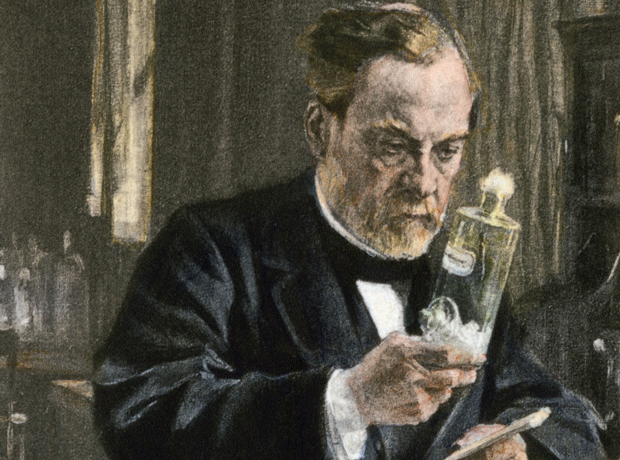
A lot of water has passed under the bridge in the last 150 years. The Grocer editorial team picks the most seismic moments.
- 1
- 2
- 3
- 4
- 5
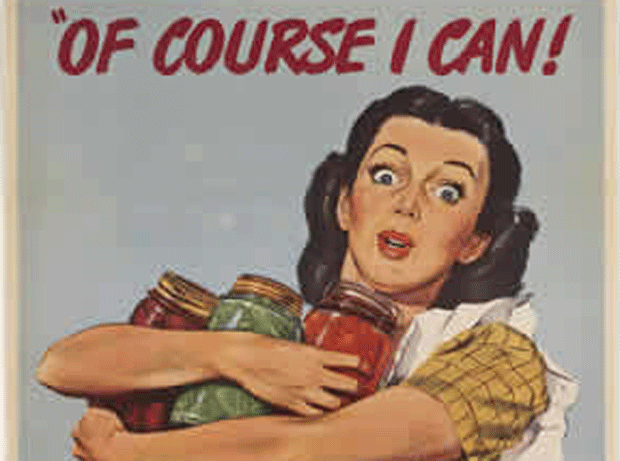 Currently
reading
Currently
reading
The Grocer's 150 defining moments: the 1940's
- 7
- 8
- 9
- 10
- 11
- 12








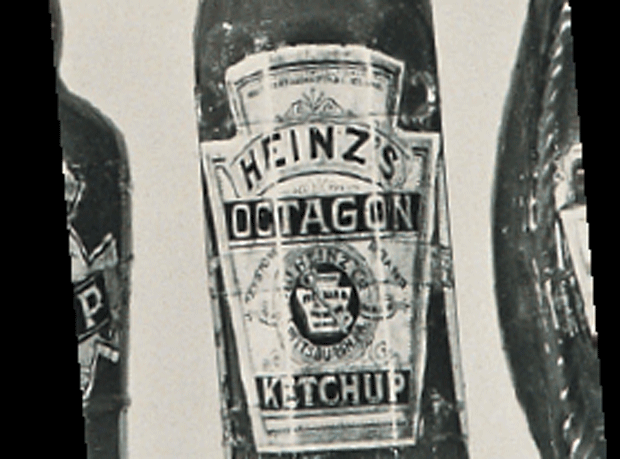
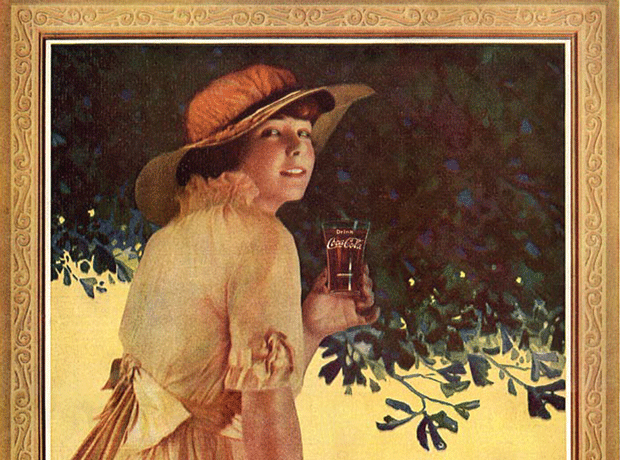
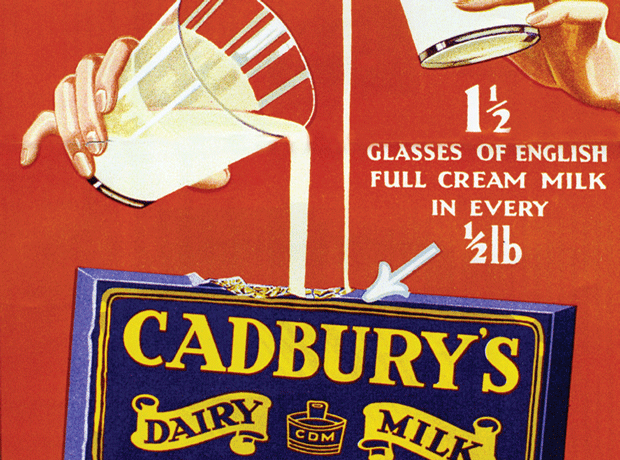
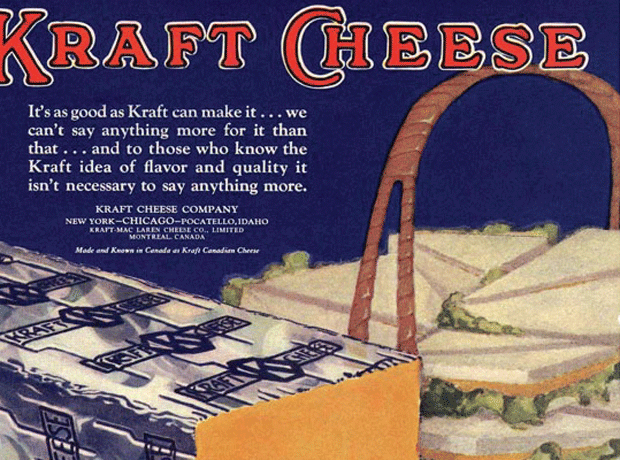

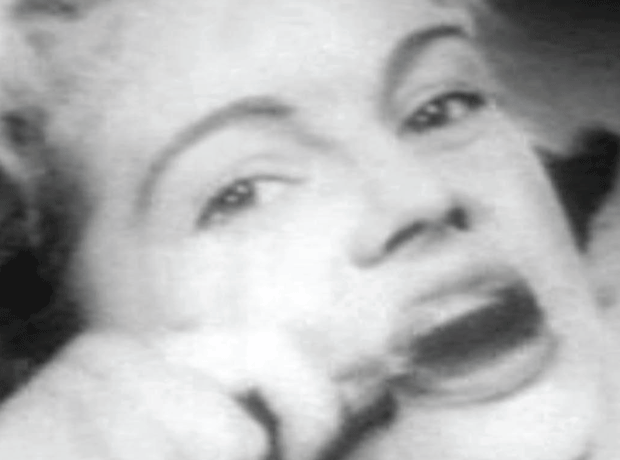
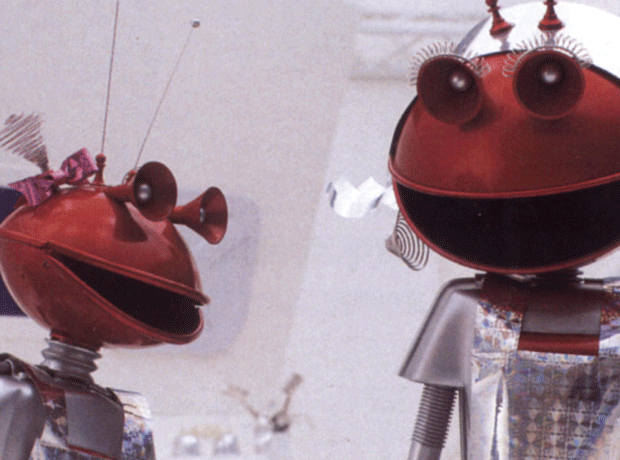
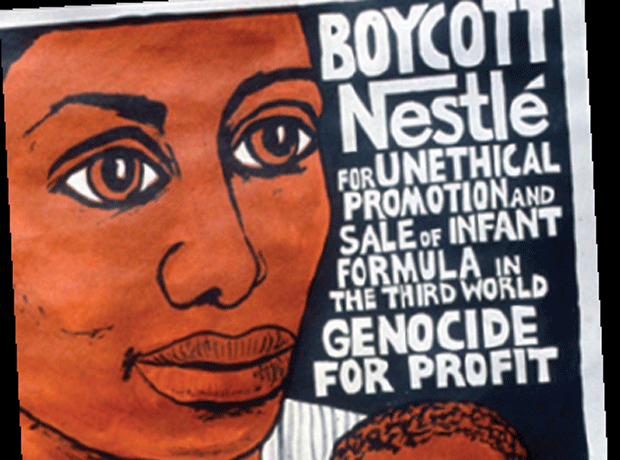
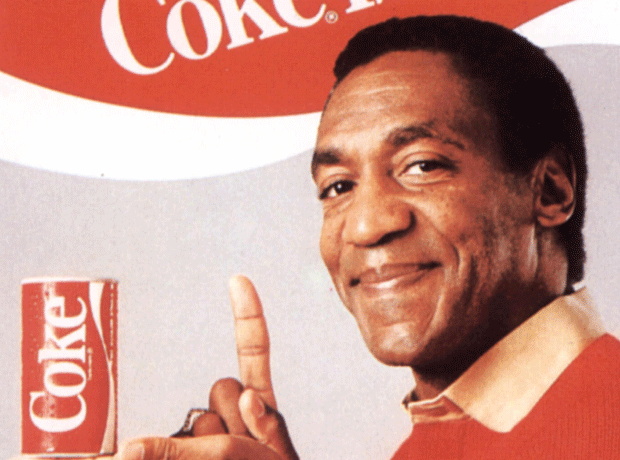
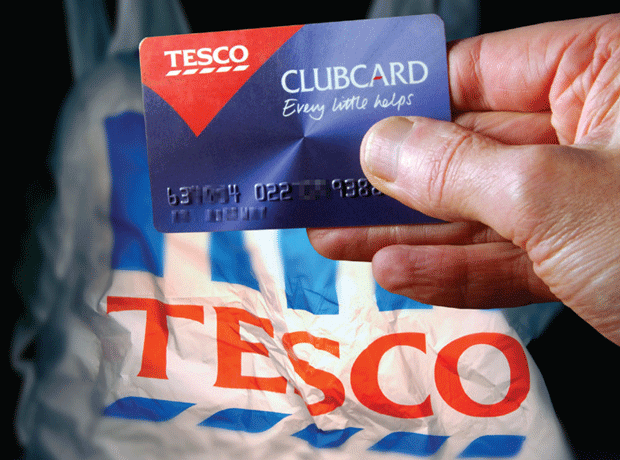
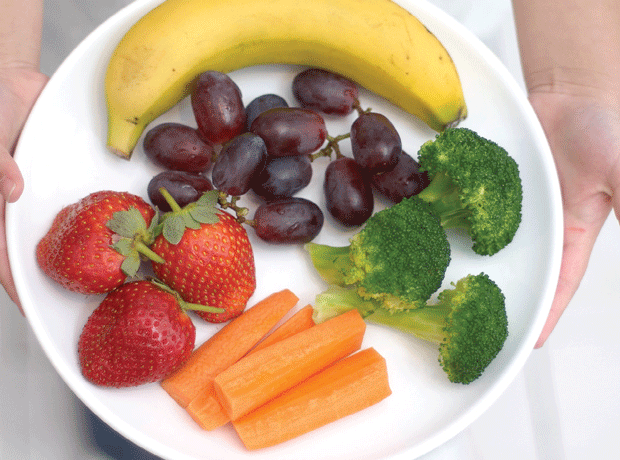











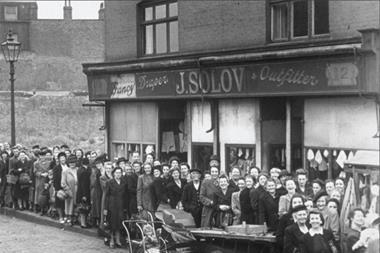






No comments yet